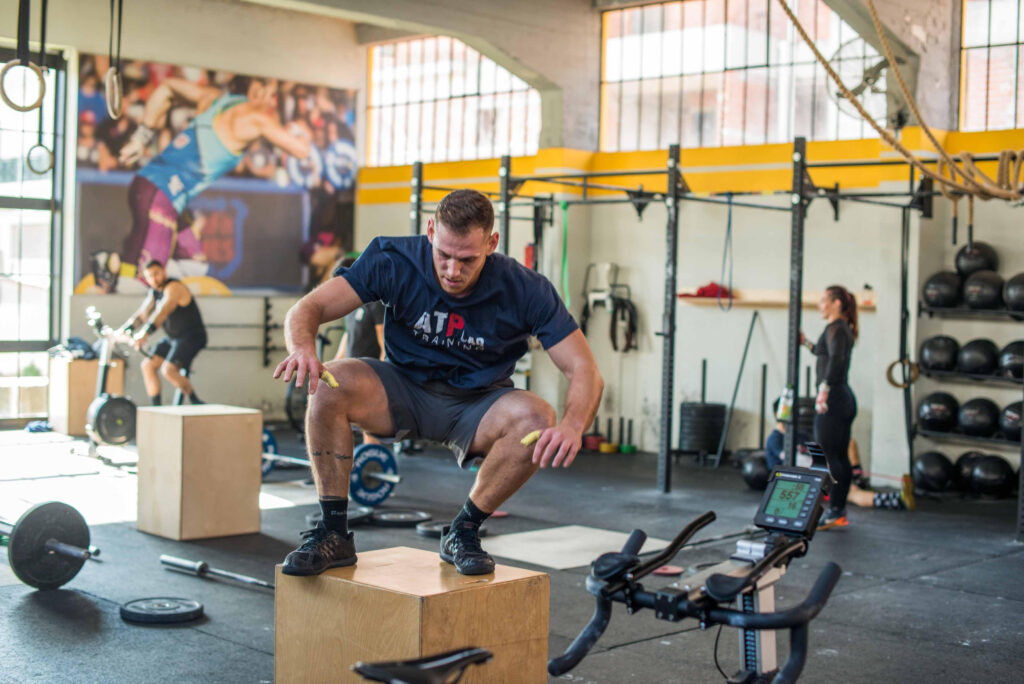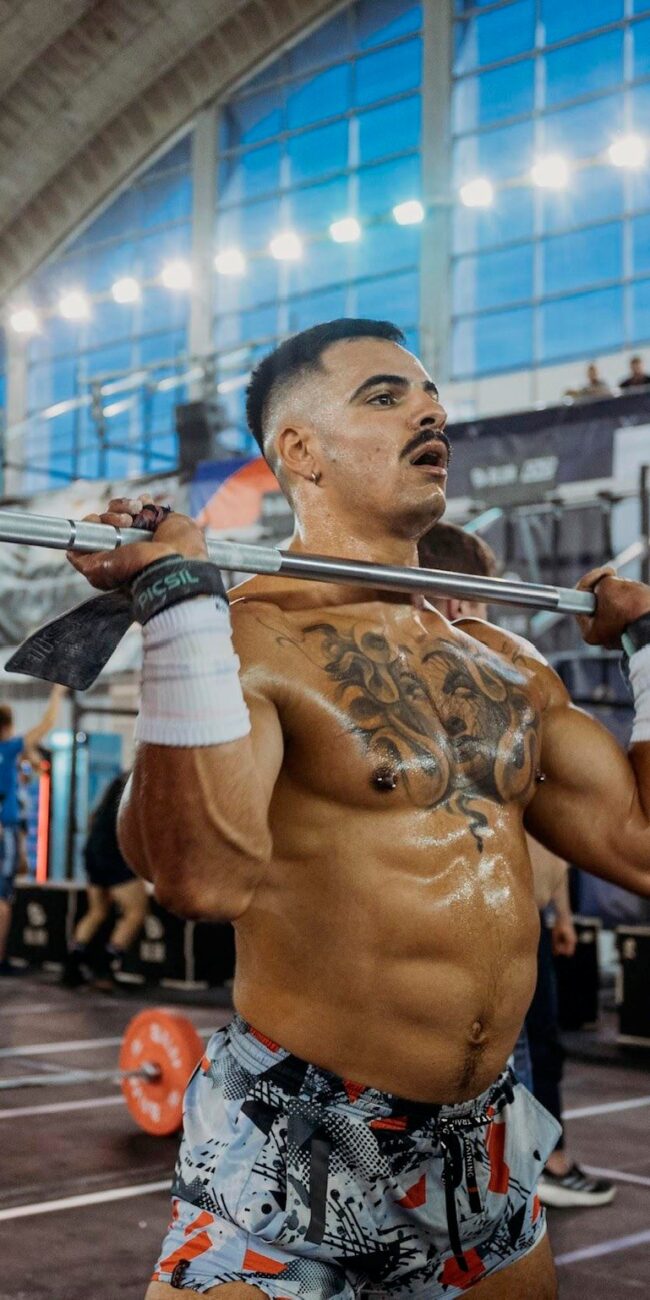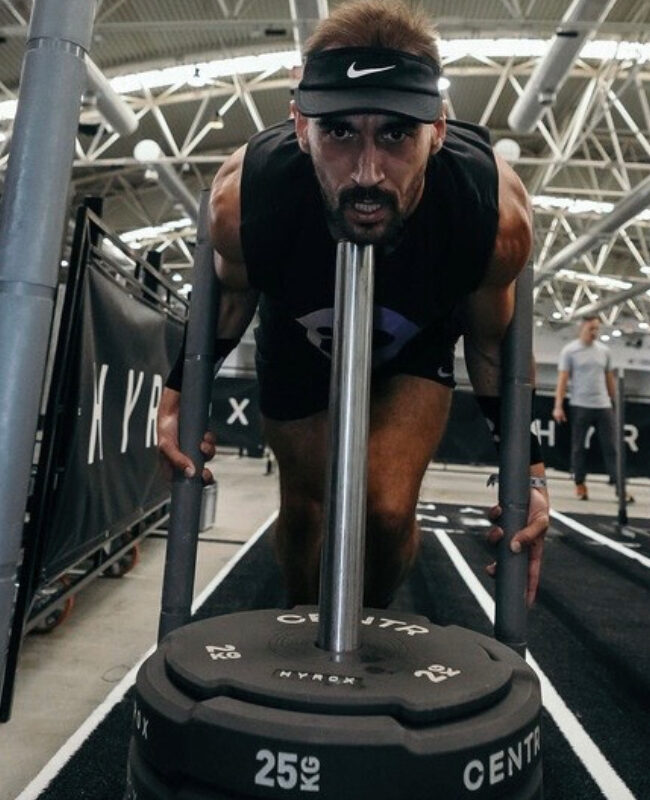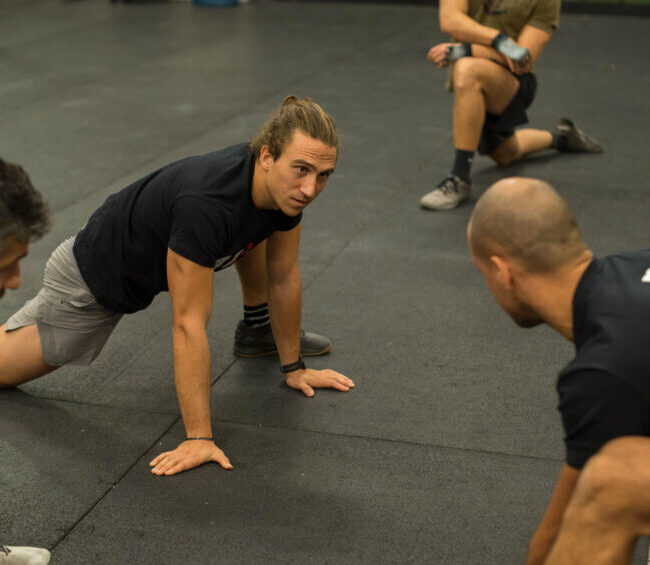
With the rise in popularity of crossfit in recent years, there has come a strong focus – on the part of athletes – to optimise performance. As such, attention seems to naturally shift on the improvement of energy levels. The multidisciplinary nature of crossfit (which includes aerobic exercising, gymnastics routines and weightlifting), increases the level of difficulty, particularly as this relates to the support required on the nutritional level.
A number of nutritional philosophies and approaches emerge from time to time, but – deep down – what seems to have been neglected is the true essence of Sports Nutrition.
Sports Nutrition is a highly specialised subsection of nutritional sciences and requires specialised knowledge both in nutrition but also in the field of sports. The main goal of sports nutrition is to provide guidance to athletes on their caloric and nutritional intake. As such, it plays a very strong role in performance improvement in almost all types of training. This is why the right level of knowledge on the nutritional requirements and role that each single dietary component plays in the daily nutritional plan is deemed to be of vital importance both on the part of trainers, but also on the part of athletes.
The most common misconception that seems to hold in many gyms and beyond, is the “generalisation error”; meaning, that a nutrition plan that suits the needs of one person, is also suitable for someone else. The one-size-fits-all approach, however, does not cater to individual needs, as it does not take into consideration such important factors as age, gender and genetic predisposition etc. Individual nutritional needs also change during the course of a training season and athletes need to be flexible and well informed so that they may live up to the challenges that they need to face up to.
Sports nutrition requires the application of dietary principles which help lead to enhanced performance, and such principles are also dependent on sex, age, body weight, eating habits, the environment, the training program and of course the type of sports.
The main goals of sports nutrition are:
(a) catering to energy needs,
(b) replenishing of important nutrients post exercise,
(c) maintenance of the correct level of hydration and
(d) the improvement in athletic performance.
The basic goals of an athlete are the intake of the necessary nutrients such as:
(a) macronutrients (proteins, carbs, fat),
(b) micronutrients (vitamins, metals, minerals), and
(c) liquids, so that lean mass levels might be replenished and maintained and so that peak performance might be attained.
Attention to every detail that influences athletic performance might actually lead to significant differences, and nutrition forms a vital component in the preparation of any athlete striving for success. Nutrition influences performance and, as a result, the foods we choose to consume will influence our preparation levels and of course our ability to compete.
In conclusion, the safest route for athletes to take regarding their nutritional needs is through proper guidance so that they may benefit from scientifically proven nutrition plans and not follow various seemingly well acclaimed but unproven dietary models.









